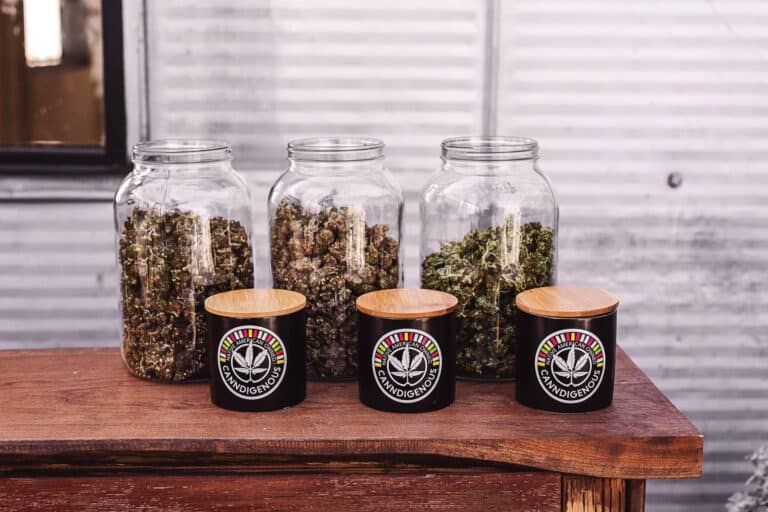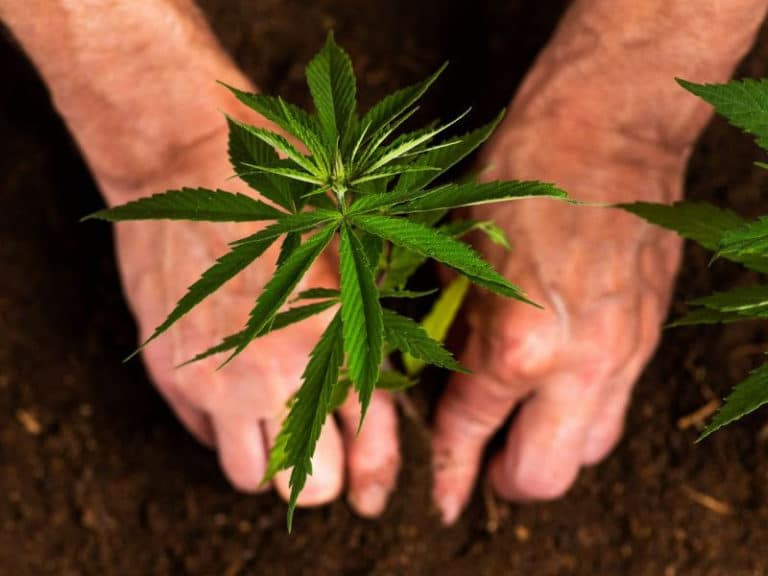
By Heather Ritchie
Even though recreational cannabis has been legalized in some states, the black market is still here. Many people thought that legalizing cannabis was a viable solution to putting an end to the illegal market. Instead, it’s actually helped it thrive.
California had a legal medical cannabis industry for 22 years before recreational use became legal in January 2018. Patients could purchase cannabis from licensed dispensaries, but cultivators transported their crop in secrecy. Now in the new legalized landscape, even growers must be licensed and have their products lab tested.
Strict Requirements Turn Many to the Black Market
To open a cannabis grow business, rules and regulations require the owners to fill out specific paperwork and invest thousands of dollars each month on property. Unfortunately, the approval process can takes months before they can begin growing and earning income.
This atmosphere compels some businesses to choose between losing everything that they’ve established or operate on the black market. Legalizing a business is a rigorous process, and when everything is done in the dark, some businesses have no legal capital.
The Black Market Flourishes
California isn’t the only state with a flourishing black market. Illegal operations exist in every legalized state. Places like Teller County, Colorado located in the Rocky Mountains have criminal operations moving into their area on a regular basis so they can smuggle cannabis out to illegal states. The Sheriff of Teller County, James Mikesell said that recently they had 400 kilograms of cannabis in their evidence storage. He also recounted how he had an SUV for sale on Craigslist in 2017 and someone attempted to trade it for cannabis.
There are at least 500 legal dispensaries in Colorado, but its driven illegal operators underground where they can sell their products in illegal states for more profit. Even some consumers are discouraged by dispensary prices and continue to purchase from long-time criminal dealers. If anything, the black market has tightened its grip on the industry, proving it’s not disappearing any time soon.

Photo by Matt Popovich on Unsplash
Criminal Enterprises are Operating Out in the Open
As Washington goes into its fifth year of a legalized cannabis industry, brazen criminals operate openly in the legalized community. Law enforcement acknowledges at least before cannabis was legal that they would attempt to work covertly, but now they grow and sell out in the open because the community thinks that they’re a legitimate business.
One operation raided in 2017 was within hundreds of feet of licensed farms in Okanogan County, Washington. Steve Brown, Chief Criminal Deputy of Okanogan said they pretended to be legal by attempting to pay county taxes for a licensed agricultural property. This particular group was part of an international network with ties to Thailand and California.
Law Enforcement Tackles the Most Significant Cases
DEA investigators devote their resources to the most serious criminal organizations in the black market. Supervisor Paul Roach advised that cannabis trafficking businesses are approximately 15 percent of their caseload. That’s three times the percentage of cases that they worked before cannabis legalization.
According to a 2017 report on the impact of cannabis legalization in Colorado, illegal farms in the state are transporting cannabis to states like Illinois, Texas, and Florida. Its grown on federal forest land, rental houses, just about anyplace that you can think of. To make matters worse, they found ties to Cuban and Mexican cartels.
Over-production of Cannabis Causes Prices to Fall
The legal cannabis market in Washington is saturated with cannabis, forcing lower prices and less profit. The lower returns are driving some cultivators to sell their crops in illegal states for more money. People with legitimate cannabis farms may get around $250 a pound while the same cannabis sells for up to four times that in illegal states.
Some of the legal grow operations are finding themselves in trouble for not keeping track of their plants as mandated by the state or paying contractors. Legal plants 8 inches or taller must have barcodes on them for tracking in Washington state. There is nothing keeping people from setting aside buds from a legally tagged plant. Growers report how much their plants yield so the state must trust them to input the correct amount in the computer system.
Federal law enforcement officials are most worried about the large-scale, illegal operations that do business in plain sight, exporting their product out. While challenging, compliance is vital in the legal marketplace.
One California raid targeted a 4-story warehouse with 18,000 pounds of cannabis and 35,000 plants. The operation had a $67,000 electric bill each month. These busts are no longer a threat to the legal cannabis business operating in compliance and by state laws. Law enforcement agencies don’t have enough resources to charge legitimate companies with federal violations even though the herb is still federally illegal. It’s those operating outside of the law that they are focusing on.
As the criminal justice system tries to handle the influx of drug trafficking charges, no real solution as to how to handle the black market seems readily available. Perhaps the only way to solve the problem is to fully legalize cannabis across the U.S. and establish uniform regulations and laws.






